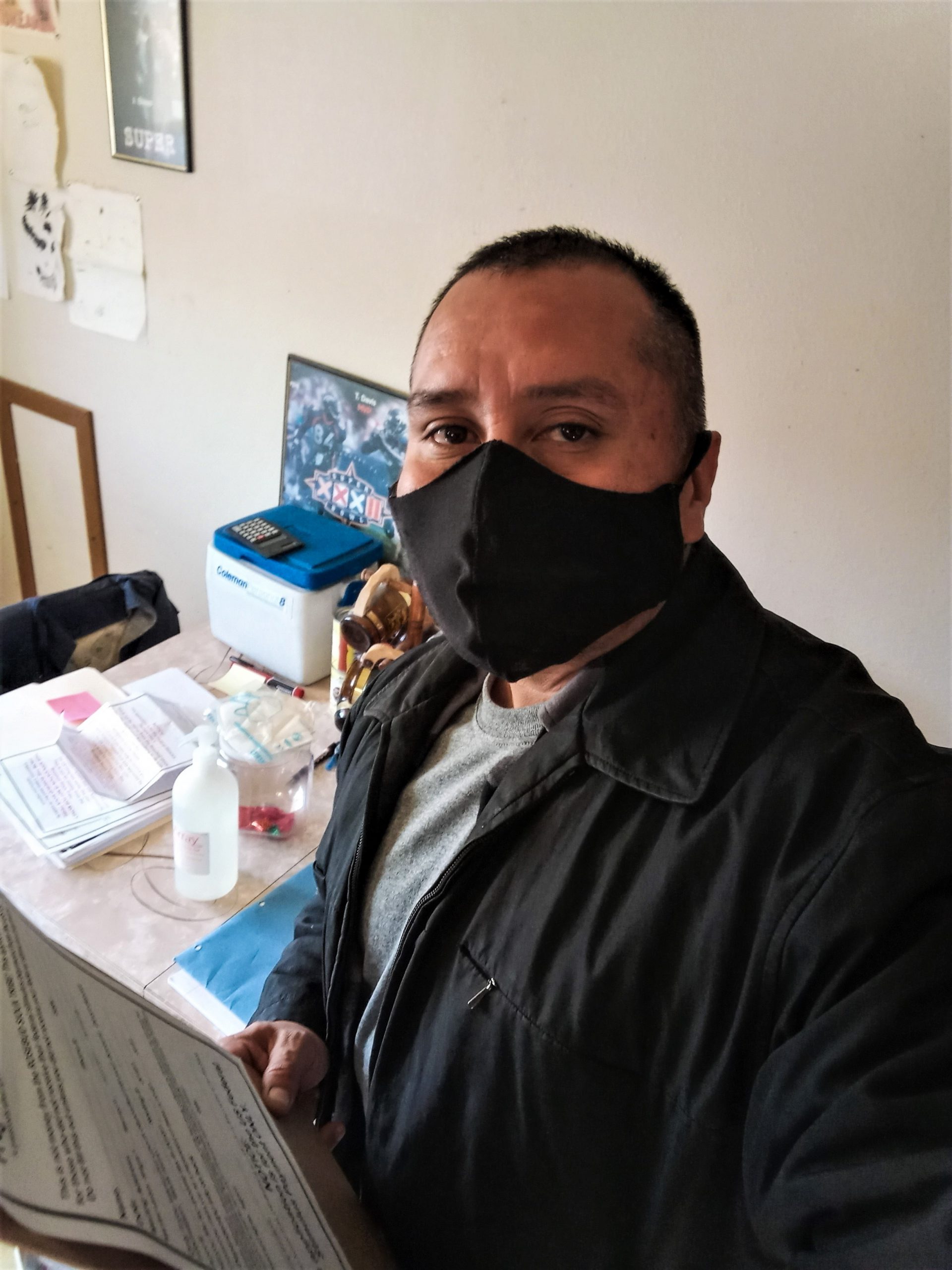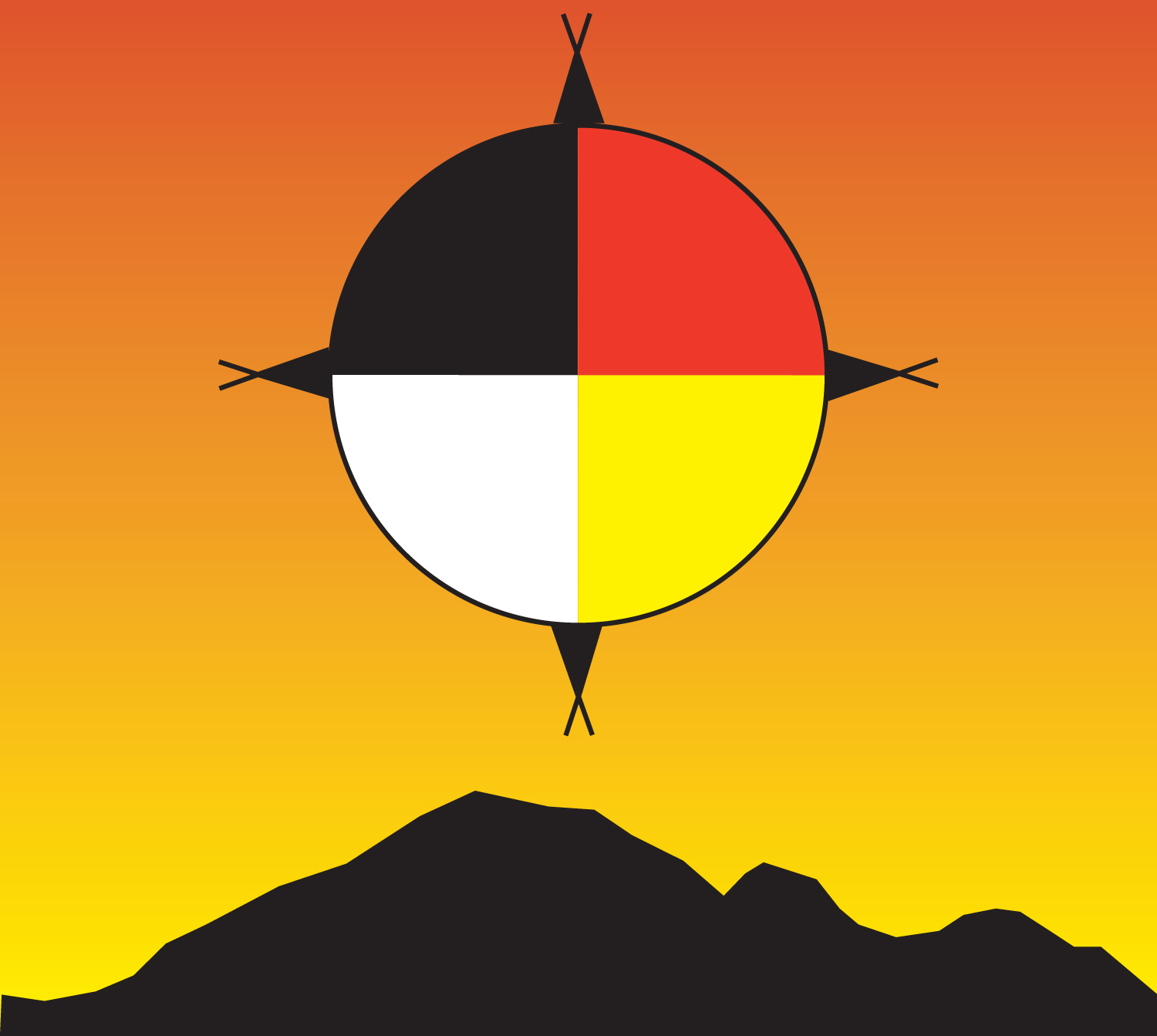Indianz.Com > News > Native Sun News Today: Deadline extended for COVID-19 stimulus

Pandemic consolation prize: View from Indian Country
Native households, still ‘falling through the cracks’
Monday, November 16, 2020
Native Sun News Today Health & Environment Editor
• PART I | PART II | PART III
ROSEBUD, South Dakota – In dubbing November 10 “National Economic Impact Payment Registration Day,” the Internal Revenue Service patently confirmed the months-old claim of the grassroots Rosebud Indian Reservation non-profit Oyate For Fairness and Equal Representation.
Low-income households need special support to avoid “falling through the cracks” in the effort to obtain the individual Economic Impact Payments Congress provided by the federal Coronavirus Aid, Relief, and Economic Security (CARES) Act passed seven months ago.
To offset the personal costs of the Covid-19 pandemic, the act authorized $1,200 per adult and $500 per child for everyone earning less than $75,000 a year. However, countless beneficiaries are still wondering where their relief is, and some don’t yet know they could have it.
The purpose of National Economic Impact Payment Registration Day was to “launch a final push to encourage everyone who doesn’t normally file a tax return to register to receive” the money provided to counter the hardships of the public health crisis, according to the IRS, which is tasked with delivering the individual stimulus payments from the U.S. Treasury.
People who filed tax returns for 2018 or 2019 or were otherwise registered with the IRS were automatically slated to receive the individual stimulus checks in the mail or direct deposits to bank accounts in most cases. Meanwhile, the many who earn less than $12,000 a year and are not required to file income tax return statements must apply for the subsidy as so-called “non-filers”. Even beneficiaries registered through social security or military service benefits systems must apply to wrangle the aid for their dependent children. Recognizing late in the payment process that non-filers were missing out by not applying, IRS mailed letters to 9,000 of the nation’s most needy households in September, urging recipients to use an online non-filers’ portal to claim their fair share. “Time is running out for those who don’t normally file a tax return to get their payments,” IRS Commissioner Chuck Rettig said. “Registration is quick and easy, and we urge everyone to share this information to reach as many people as possible before the deadline.” By October 5, the agency had disbursed 160 million stimulus checks. It also had enlisted community service partners to help non-filers apply for the aid. Even so, registration was not necessarily quick and easy for those with limited electronic communications resources. So, the IRS also announced on the same day that it was extending the deadline for non-filer applications from October 15 to November 21. “We took this step to provide more time for those who have not yet received a payment to register to get their money, including those in low-income and underserved communities,” Rettig said. More than one-third of households here on the Rosebud Indian Reservation have an annual income of less than $10,000; only 62 percent of households had a computer, and less than 42 percent had a broadband Internet subscription in 2018, according to the U.S. Census Bureau’s American Community Survey. With other reservation and rural populations similarly disadvantaged, participants of Oyate For Fairness and Equal Representation, or OFFER, set out in a unique effort early this year to empower neighbors and relatives in the payout process meant to offset the pandemic emergency. Immediately after Congress authorized the payments March 27, OFFER’s small volunteer crew created “Project Stimulus – OFFER CARES”, and members started lobbying tribal elected leaders to back their campaign to help people fill out applications. Two months later Rosebud Sioux Tribal President Rodney Bordeaux publicly expressed willingness to lend a hand. Another three months later, toward the end of August, OFFER secured Rosebud Sioux Tribal Council approval of $47,000 for expenses, and in two more months, Project Stimulus – OFFER CARES had assisted nearly 500 people, which was more than initially projected. To hear OFFER Coordinator Ronald L. Neiss tell it, reaching those milestones was a harrowing endeavor, and still more challenges lie ahead. The IRS Taxpayer Assistance Centers and Taxpayer Advocate Service locations were subject to shut-down pandemic protocols throughout much of May and June. The Rosebud Sioux Tribe, too, closed its offices to all but essential employees until June and issued a stay-at-home order to reservation residents, except for critical needs travel. OFFER forged ahead to fill the service gap, voluntarily assisting at least 200 families by the end of June. Then it suddenly suspended Project Stimulus. “It was a sad day for us when we realized we would have to suspend our project unless we were able to secure sponsorship funding from somewhere in order to continue, heartbreaking really,” Neiss told the Native Sun News Today.It’s “National EIP Registration Day”— Help #IRS reach D.C. residents who don’t usually file a tax return – they may still be due an Economic Impact Payment. https://t.co/FjXU7ppkPQ #EIPday pic.twitter.com/0bveST4OG2
— IRSnews (@IRSnews) November 11, 2020
OFFER founder, Ronald L. Neiss, votes during a stand-up vote to delay the amendments.
Posted by Rosebud Cordier on Saturday, September 14, 2019
NATIVE SUN NEWS TODAY
Support Native media!
Read the rest of the story on Native Sun News Today: Pandemic consolation prize: View from Indian country
Contact Talli Nauman at talli. nauman@gmail.com
Note: Copyright permission Native Sun News Today
Search
Filed Under
Tags
More Headlines
AUDIO: H.R.2916, a bill to ratify the Akwesasne Mohawk Land Claim
AUDIO: H.R.2389, the Quinault Indian Nation Land Transfer Act
AUDIO: H.R.2388, the Lower Elwha Klallam Tribe Project Lands Restoration Act
AUDIO: H.R.2302, the Shingle Springs Band of Miwok Indians Land Transfer Act
Native America Calling: Tribes fight for solutions to dwindling clean water sources
Native America Calling: Mental health experts point to personal connections to maintain winter mental health
Native America Calling: Tribes ponder blood quantum alternative
Defense bill snubs Indian Country in favor of Lumbee federal recognition
NAFOA: 5 Things You Need to Know this Week (December 8, 2025)
Chuck Hoskin: Cherokee Nation benefits from extension of health care credits
Native America Calling: Tribal museums reflect on tumultuous year, chart their next steps
Press Release: National Museum of the American Indian hosts Native art market
AUDIO: Sea Lion Predation in the Pacific Northwest
Native America Calling: Tribal colleges see an uncertain federal funding road ahead
Native America Calling: Short films taking on big stories
More Headlines
AUDIO: H.R.2389, the Quinault Indian Nation Land Transfer Act
AUDIO: H.R.2388, the Lower Elwha Klallam Tribe Project Lands Restoration Act
AUDIO: H.R.2302, the Shingle Springs Band of Miwok Indians Land Transfer Act
Native America Calling: Tribes fight for solutions to dwindling clean water sources
Native America Calling: Mental health experts point to personal connections to maintain winter mental health
Native America Calling: Tribes ponder blood quantum alternative
Defense bill snubs Indian Country in favor of Lumbee federal recognition
NAFOA: 5 Things You Need to Know this Week (December 8, 2025)
Chuck Hoskin: Cherokee Nation benefits from extension of health care credits
Native America Calling: Tribal museums reflect on tumultuous year, chart their next steps
Press Release: National Museum of the American Indian hosts Native art market
AUDIO: Sea Lion Predation in the Pacific Northwest
Native America Calling: Tribal colleges see an uncertain federal funding road ahead
Native America Calling: Short films taking on big stories
More Headlines
